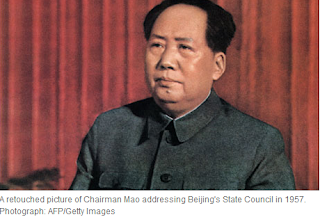Picture and news link: http://www.guardian.co.uk/books/booksblog/2011/aug/25/romantic-novelists-rank-cleanliness-over-hunkiness?INTCMP=SRCH
This is a very interesting blog post written by a journalist of the Guardian. The author quoted some statistics of two surveys which show that it turns out cleanliness is one of the overriding factors that women want on their Mr. Dreaming. However the interesting part here is that this standard may not be suitable to apply to the describing sentences about Mr. Dreaming in romance novels. The author then, suggests that may be there is a difference between what makes a life time partner and what makes a good fantasy in romance novels.
From my point of view I think this article works well because of its relevance to the human interest. Audiences especially women readers will easily attracted by such kind of topic since it seems most of them are very enthusiastic about having pictures in their heart about Mr. Right and if they can find the one in the near future. On the other hand, some of them are addict to reading romance novel. The perfect one in these novels is one of the factors that help romance novel sells.
Not to mention that there is a surprise for the result of the survey. According to the survey of romantic novelists “the most important traits in a man are loyalty (91% picked this as essential in their perfect man), honesty (89%) and personal hygiene (88%). Height and good looks only garnered 60% apiece”. The surprise here is that personal hygiene is far more important than height and good looks. Also the survey suggests that participants actually “put wealth and social standing low on the list of important qualities in a man”. However, according to my personal observation, in China, females are highly value wealth and social standing when it comes to their Mr. Dreaming.
This article works also because the topic it described can lead its readers to discuss deeply about what helps romance novel sell and what kind of man makes a good life partner in real life.










